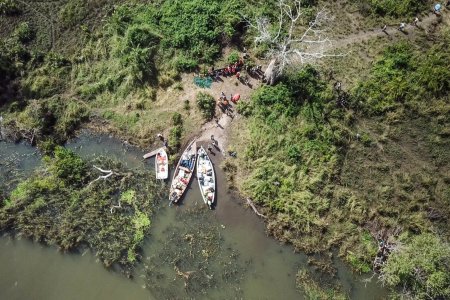 Giuseppe La Rosa/MSF
Interview
Giuseppe La Rosa/MSF
Interview
02/17/2012
Rony Brauman
In this interview conducted by Claudine Vidal in 2012 and published in the book Agir à Tout Prix (Humanitarian Negotiations Revealed: the MSF experience), Rony Brauman speaks about emergency humanitarian aid set up following natural disasters. Time constraints, access to victims, cooperation with local institutions, misleading representations of the disasters' effects, controversial assessments of the number of casualties; various topics related to these interventions are discussed and illustrated with specific examples.
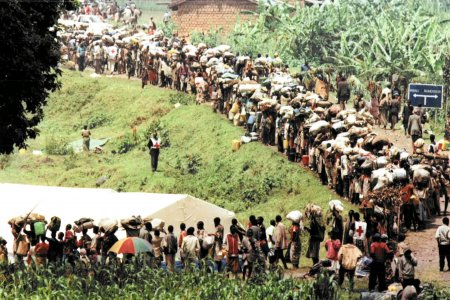 John Parkin
Interview
John Parkin
Interview
01/10/2018
Marc Le Pape
Jean-Hervé Bradol
How much is known about the daily experiences of humanitarian workers in extreme situations such as major conflict or disaster? In their new book, “Humanitarian Aid, Genocide and Mass Killings: Médecins sans frontières, the Rwandan experience, 1982-97”, Marc Le Pape and Jean-Hervé Bradol set out to answer some of these questions. The book is also informed by Bradol’s experience of working for Médecins Sans Frontières in Rwanda during the genocide.
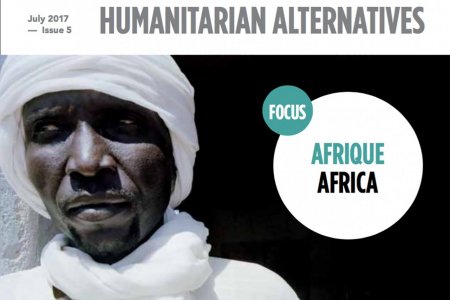 Alternatives Humanitaires
Interview
Alternatives Humanitaires
Interview
07/05/2017
Marc Le Pape
Marc Le Pape, sociologist and member of MSF-Crash Scientific Committee, is interviewed by Boris Martin, Editor-in-chief of Alternatives Humanitaires, about his and Jean-Hervé Bradol's latest book "Humanitarian aid, genocide and mass killings: MSF, the Rwandan experience (1982-1977)".
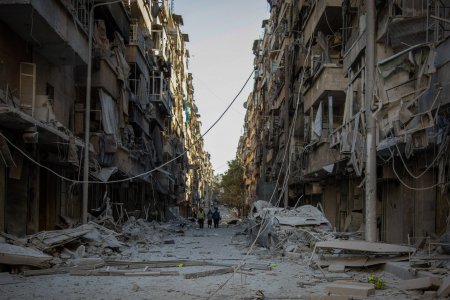 Karam Almasri
Interview
Karam Almasri
Interview
01/27/2017
Jean-Hervé Bradol
Matthieu Rey
Interview with Jean-Hervé Bradol, MSF-Crash research director, and Matthieu Rey, CNRS researcher attached to IREMAM (Muslim and Arab World Research Institute) and member of the WAFAW research programme.
 Larry Towell
Analysis
Larry Towell
Analysis
11/21/2006
Rony Brauman
Rony Brauman reviews the myths and mechanisms governing the deployment of international aid following the Southeast Asian tsunami in December 2004.
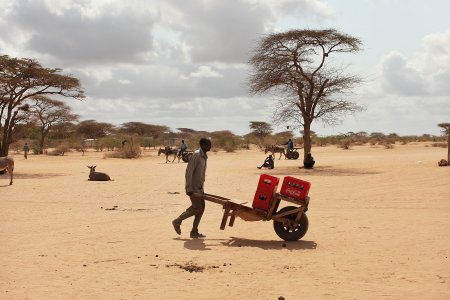 Spencer Platt
Analysis
Spencer Platt
Analysis
07/03/2014
Rony Brauman
Michaël Neuman
We often hear it said within MSF that the aid system is unable to provide effective relief, or that the aid system’s ability to provide aid is in decline. These statements, which suggest that MSF is itself outside the "system", are based on the very real number of people in relief operations who need help but do not receive it, or do not receive enough of it.
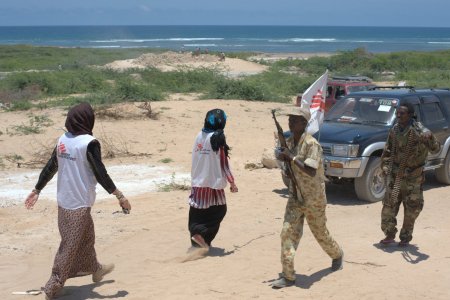 Yann Libessart
Analysis
Yann Libessart
Analysis
09/01/1993
Rony Brauman
In 1993, Médecins Sans Frontières left Somalia and denounced the methods of UN troops who were violating the very humanitarian principles in whose name they intervened.
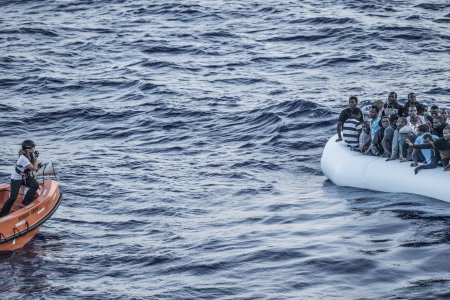 Francesco Zizola
Analysis
Francesco Zizola
Analysis
01/30/2015
Fabrice Weissman
This article is an English translation of an interview of Fabrice Weissman about the State of the Humanitarian Sector, in Revue Internationale et Stratégique (n°98, 2015/2) published by the Institut de Relations Internationales et Stratégiques
 Analysis
Analysis
07/01/2008
Fabrice Weissman
With 13,000 humanitarian workers and a hundred relief agencies, Darfur hosts the largest humanitarian operation in the world. The aid apparatus started its full deployment in mid-2004 in a context of acutely high mortality among internally displaced persons (IDPs) gathered in camps and civilians remaining in rural areas.
 Analysis
Analysis
10/01/1996
Rony Brauman
Behind the question, "Is humanitarianism a commitment?", Rony Brauman warns against the use of humanitarianism in the public arena. Investing the political realm with the moral expectations of a better world, humanitarianism might unintentionally be helping to make "survival of the fittest" more palatable.
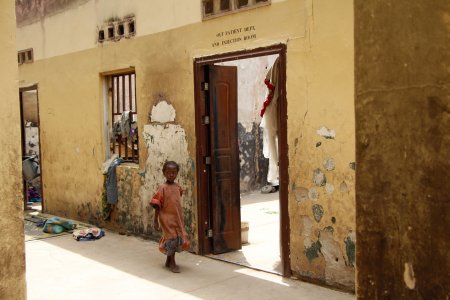 Benoit Finck
Analysis
Benoit Finck
Analysis
07/25/2016
Rony Brauman
Rony Brauman focuses on the humanitarian environment and practices in war, in order to try to understand and analyze its political and ethical stakes. Starting with the creation of the Red Cross at the end of the XIXth century, he then focused on the contemporary postcolonial period, switching between various scales and reporting on contradictory points of view and issues.
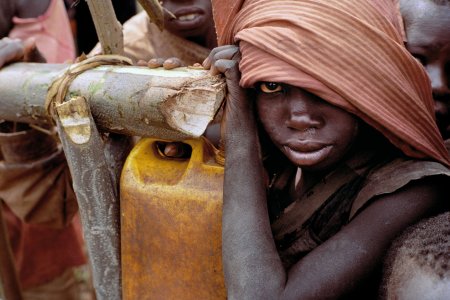 Ian Berry
Analysis
Ian Berry
Analysis
08/01/2000
Rony Brauman
Stephen Smith
Not having seen the genocidal drift of Hutu Power in 1994 coming, the international community grants Paul Kagame's RPF the impunity of victims. Yet such power also lends itself to criminal acts. The authors express their indignance that NGOs and international organisations - invoking the duty of remembrance - join in the endless evocation of the past that masks the political phenomena at the root of the current violence.
 Giuseppe La Rosa/MSF
Interview
Giuseppe La Rosa/MSF
Interview










